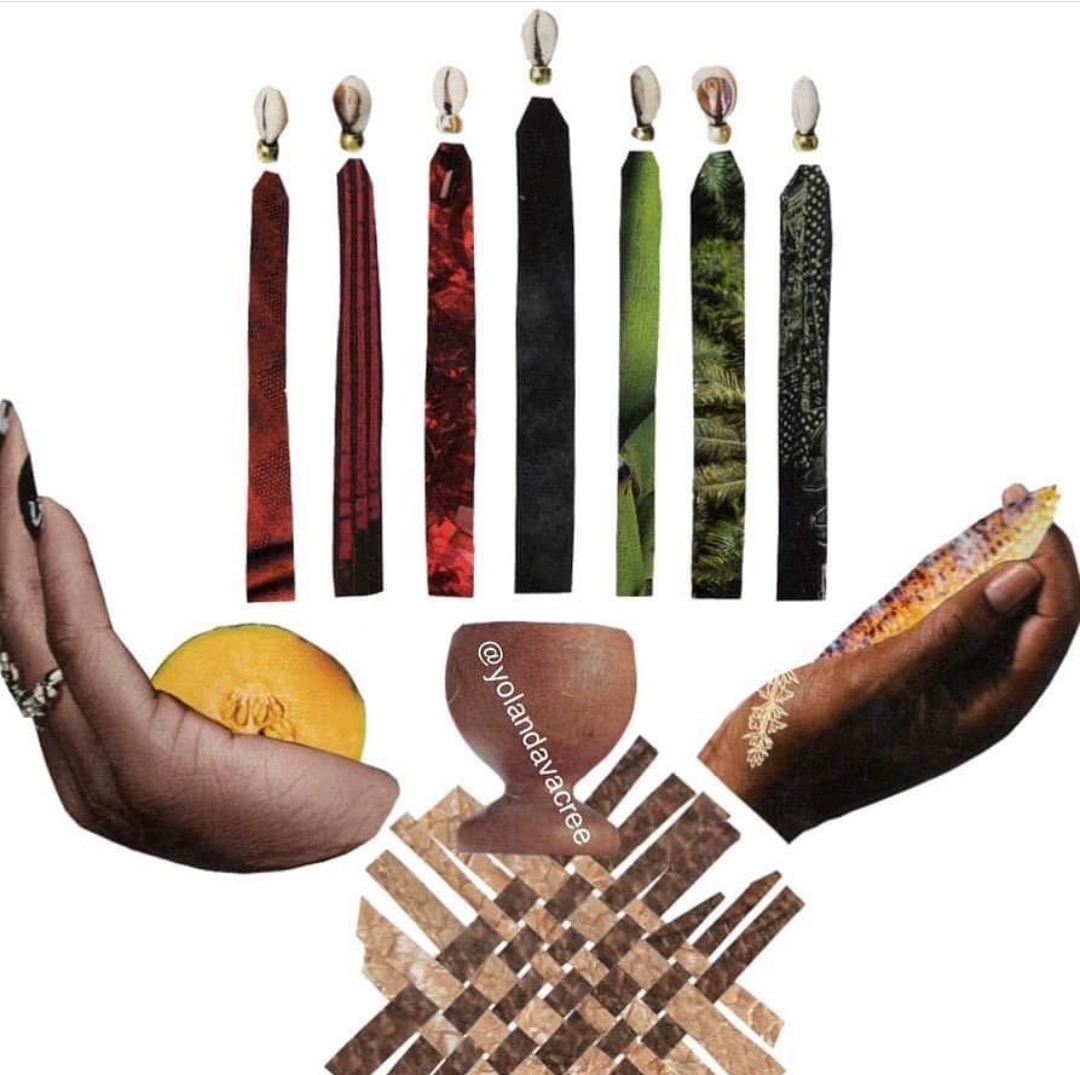Umoja on the Other Side of the Tracks

Umoja: to strive for and maintain unity in the family, community, nation, and race
When we think of unity in our communities, the Civil Rights Movement undoubtedly comes to mind. For that reason, I want to offer up the ones that we probably ain’t thinking about as much. The Rebellions.
The Maroons
Black folk have been rebelling, collectively, since we got here. It’s important to understand that first and foremost. The Maroons are an excellent example of that. Anywhere in this world where black folk were enslaved, there were maroon camps. In order to survive, they needed each other—within and outside of the camp. The land wasn’t easy to live on and they were outnumbered by their enemies, so maroons couldn’t have an every-man-for-himself mentality. Helping each other was non-negotiable. Even those still enslaved helped them by sneaking food, supplies, and weapons to the maroons who lived in nearby hills and swamps.
The Watts Rebellions
Watts was a Black neighborhood in L.A. The police stopped two black brothers for drunk driving. They ended up scuffling, a crowd gathered, more police came, the boys’ mother came, and everybody ended up fighting. This kinda started it, but it really didn’t. Black folks of L.A. were mad about how police were treating them in general, as well as the raggedy quality of their school, healthcare, and employment options. The city met with the local NAACP chapter to make some promises that the people knew the city wouldn’t keep (and they didn’t). When the chaos moved to the white side of town, the military stepped in. The “riots” lasted for six days and resulted in 34 deaths, 1,032 injuries, 3,438 arrests, and over $40 million in property damage.

Black people came together, in their outrage, and began organizing. From this Rebellion, a number of organizations were born, including The Black Panther Party. Although I highlighted Watts, these rebellions were happening all over the country. “In 1964 small outbursts of violence occurred in poor communities populated mostly by African Americans in New York, New Jersey, Illinois and Pennsylvania, and another 150 riots were to occur in the next 2 years. But in 1965, Watts was considered the most destructive incident of racial violence in US history” (Department of Justice).
Attica Prison Riot
Those imprisoned in Attica State Prison in New York had been complaining about how they were being treated. Medical care was awful, the prison was overcrowded, Spanish speaking inmates said their letters were often thrown away since officers couldn’t read it, they spent 14-16 hours a day in cells, food was often inedible, etc. They tried meeting with prison leaders but to no avail. So they organized.
On September 9, 1971, following a scuffle with officers the day before, it went down. About half of the inmates participated in the rebellion, taking 42 prison employees hostage. The rebellion lasted four days. Authorities agreed to most of their demands (why did it take all of that to even be heard, is the real question). They didn’t agree to amnesty for the rebellion nor did they agree to remove the prison’s racist superintendent. So the inmates refused to end the riot. The governor ordered armed correction officers and police to do whatever they needed to do to regain control of the prison. They shot that shit up.

Forty-three people were killed: 33 inmates and 10 hostages. The governor told the public that the inmates did most of the killing, but autopsies proved that 39 of the 43 deaths were caused by law enforcement’s bullets. Note: I spoke with a couple Muslim brothers were imprisoned at Attica during this time, and they all said that no one knows the full story. Once you’re labeled an inmate, criminal, or convict, no one cares that you’re mistreated. Many think you deserve it. Most of our praised leaders broke the law (Nat Turner, Harriet Tubman, Malcolm, Martin, Rosa, etc.). What’s considered a crime today can be fully legal tomorrow. What’s morally right is often legally wrong.
And your background makes a significant difference in your opportunities and your choices. The ghetto was designed. Like KJ Kearney said best, “Do you talk about ‘the other side of the tracks’ like it’s a war zone and not a place that has been purposely devalued and cut off from resources? That might be your internalized white supremacy talking…We were taught to distrust each other, taught to become successful and separate ourselves from our community, taught to value amenities over the power that comes from being in proximity with our people. That the people who live “over there” are bad people.”
I already do what I can to help young black folk dodge jail/prison. Next year, though, I wanna do more for those already caught up in the system, especially those in Youth Detention Centers.

